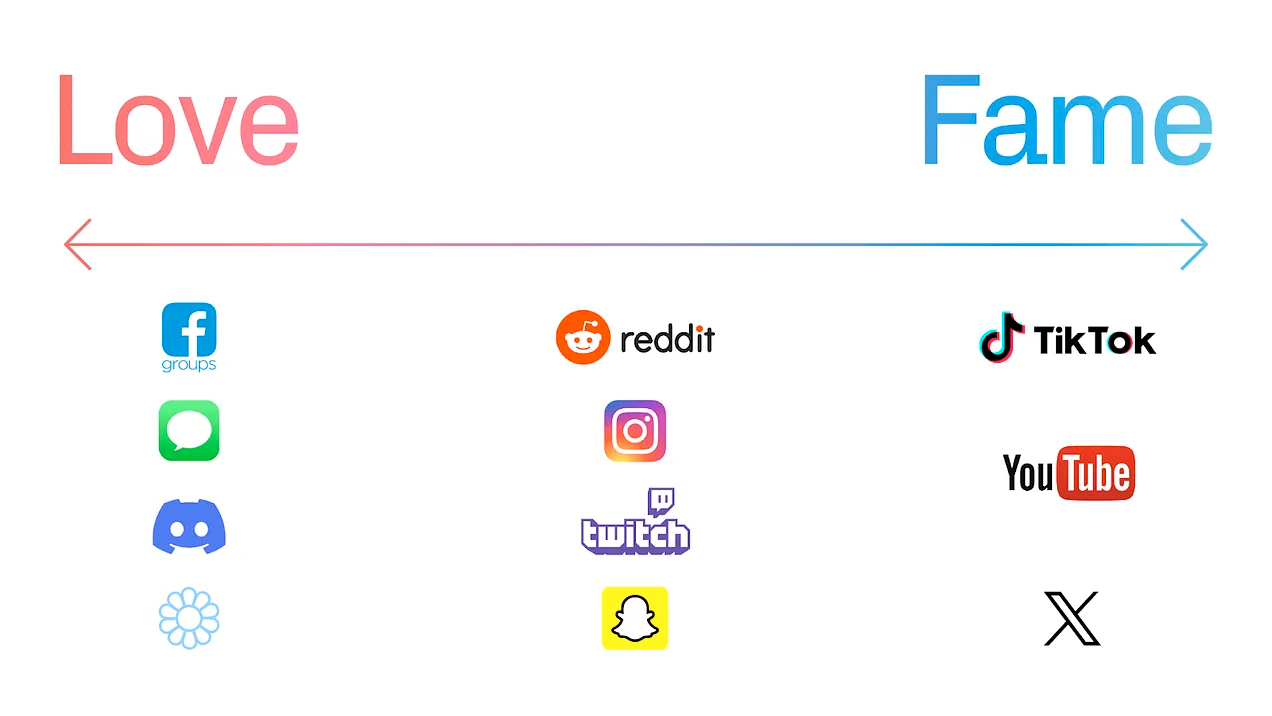Redefining Enthusiasm: The Metaverse vs. Generative AI
In less than two months, I’ll be speaking at Metaverse Day, and as the author of the Metaverse Handbook, my enthusiasm for Metaverse’s groundbreaking technology should be palpable. Yet, while writing yesterday’s WTF? entry, I shockingly found myself more captivated to write about the world of generative AI than the metaverse. This introspection led me to a realization: my tempered excitement stems from the current state of the metaverse, particularly its lack of actionable case studies.
Take, for example, yesterday’s WTF? referencing Microsoft Teams' integration of Mesh into 3D spaces and workrooms. This development, while innovative, mirrors discussions we had back in 2019. The core devices supporting the metaverse, like the anticipated Apple Vision Pro, promise advancement and bring a reality check. The high price point and the time developers need to explore this new platform temper expectations for immediate, widespread adoption.
Contrast this with AI. The realm of AI is rife with actionable studies demonstrating how it can enhance workflows, procurement, and communication. AI integrates seamlessly into our lives, leveraging existing technology like laptops and smartphones. ChatGPT is a prime example of this – its simple interface illustrates the immediate practicality of AI.
This brings me to my critical point about the metaverse. Beyond its entertainment value, the lack of practical, everyday applications hinders its momentum towards mass adoption.

Li Jin has a theory “that all social apps fall on a spectrum from love to fame, appealing to users’ desire for deeper connection versus reach.” she further speculates that “mature social networks trend toward fame over time, leaving a vacuum for newer entrants to serve smaller communities.”
Li Jin's theory, positioning social apps on a spectrum from love to fame, is insightful here. She suggests that while mature networks trend towards fame, there's a space for new platforms to foster deeper connections in smaller communities. This concept is vital for the metaverse's success because there needs to be a social app that continuously brings us all together, and right now, a lot of people speculate that that will be something tied to the virtual workspace, and others say it’s entertainment.
WTF?
The first successful metaverse applications might not be rooted in work or entertainment but could evolve from existing, widely-used apps. Consider the universal prevalence of messaging, mapping, and music apps. Integrating metaverse experiences with these could be transformative.
Mark Zuckerberg's vision of metaverse communication, shared in his interview with Lex Friedman, is one such example. For mapping, imagine the potential of XR and augmented reality - a concept Google Glass flirted with. Meanwhile, in music, a metaverse karaoke room powered by streaming services and featuring virtual artist cameos could redefine social music experiences.
Nevertheless, while the metaverse promises a revolution, its current state demands a tempered enthusiasm. The key to unlocking its potential is creating practical, accessible applications that enhance our daily digital interactions. As advocates, recognizing this gap and striving to fill it will be crucial for the metaverse's journey from a niche fascination to a mainstream necessity.
I’ll be expanding on this theory at Metaverse Day, and luckily, anyone can join the presentation virtually by visiting MetaverseDay.com.

Member discussion